Stevie Van Zandt: 'You're going to see violence in my country that you haven't seen since the Civil War'
Legendary rock star, Stevie Van Zandt has released a memoir exploring a lifetime in rock ‘n’ roll. He talks to Sam Moore about Bruce Springsteen, ‘The Sopranos’ and busting Nelson Mandela out of prison
“The Republican Party no longer believe in democracy, equality, science, and are quite brazenly bragging about being white supremacists.” Stevie Van Zandt, sideman to Bruce Springsteen on stage and to Tony Soprano on screen, is angry, sad and scared for the future. The vocal opponent of Donald Trump is not letting the Democrats off the hook, either. “They are pathetic and weak and it’s just sad because they’re not warriors in a war.”
Politics has taken up a lot of Van Zandt’s life since he infamously left the E Street Band in 1984, both to pursue a solo career and to try and get Nelson Mandela out of jail and end apartheid in South Africa. He also accidentally found his way onto revolutionary TV show The Sopranos, playing Mafia consigliere, Silvio Dante, and leading Netflix’s first foray into original programming with Lilyhammer. It’s been a ride, and the charming and charismatic guitarist has explained it all his newly released autobiography, Unrequited Infatuations.
“There’s a lot of truth in there – you’ve got to be a little bit careful because I know a little too much,” the 70-year-old chuckles. “I’ve lived through most of the history of rock ‘n’ roll except for the first decade,” he adds with slight amazement. A who’s who of the Rock ‘n’ Roll Hall of Fame – into which he has been inducted – strut in and out of the memoir’s 400 pages. Springsteen stories abound. There are appearances, too, from Bob Dylan and The Rolling Stones, Prince and Whitney Houston, as well as an account of the time he cornered Paul Simon for refusing to play on his anti-apartheid anthem “Sun City”.
It’s in South Africa where the book begins. The moment represents a sort of spiritual rebirth for the rock star, fresh from the hedonism of a life on the road. Van Zandt describes his post-Springsteen days as the “beginning of an entirely new life from scratch” as he searched for a “purpose in life” and “spiritual enlightenment”.
He remains immensely proud of cultivating his music and platform to free Mandela, and putting pressure on the South African government and the Western banks and politicians that backed apartheid. “We went up against the unholy trinity of Ronald Reagan, Margaret Thatcher and Hermut Kohl,” he says, before passionately reliving the struggle to make the world a better, more human place. “We drew up a strategy to take down the South African government and point by point, stage by stage, we did it.” He leans closer to the camera. His brown eyes are alight, a rebellious smirk on his face. All these years later, he still takes delight in sticking it to the man.
“We strategised how to get economic sanctions, which was the home run,” he continues. “The sports boycott was already in place thanks to [tennis legend and the only Black man to win Wimbledon] Arthur Ashe, so we bridged that gap with the cultural boycott and were able to raise enough consciousness to protect that sanctions bill when it went to President Reagan – who we knew was going to veto it because he supported apartheid. We raised the consciousness enough that congress overrode Reagan’s veto, which was a big, big, big deal and the first time that ever happened. Then we knew we had a victory and the banks cut them off and they had to release Mandela. [The movement] was amazingly successful which is rare when you’re engaged in international liberation politics.”
Where Van Zandt looks back with pride on the triumphs of ending apartheid in the 1980s, he’s nervous about the current political climate in America. The last 18 months have seen race riots, voter suppression and supporters of Donald Trump storm the US Capitol Building in an attempt to overturn his loss in the 2020 election. Van Zandt shakes his head. “At this point in America, we are somewhere you wouldn’t believe. We’re being thrown back to the 1950s. It’s embarrassing. They’re passing laws in states that say democracy no longer matters. They’re trying to suppress the Black vote, the Latino vote.” Apartheid is two years older than Van Zandt, and he was born before Black people could vote. This lived experience of injustice is perhaps why his language becomes apocalyptic: “You’re going to see violence in my country that you haven’t seen since the Civil War. It’s looking like a really dangerous moment, so I am nervous if we break out into violence, I don’t know where that’s going to stop.”
Though fearful of the future, Van Zandt is not nostalgic for the past. The book is upfront about regrets – in particular his decision to leave Springsteen’s side in 1984, just before the commercial juggernaut of the Born in the USA tour. “All my life, I’ve had the regret of leaving the E Street Band,” he tells me. “I wish I could have done both. I wish I could have stayed in the band and done solo records and Sun City and bust Mandela out of jail but it wasn’t particularly realistic.” Van Zandt is thankful for all the gigs that came his way once he was free of the rigours of band life: being a pioneering voice on digital radio with Sirius XM; his unexpected divergence into acting; and launching TeachRock, his musical education charity. But still, he adds, leaving Springsteen “will always be a little bit painful”.
Van Zandt didn’t just split with Springsteen for other opportunities, though: he says he no longer felt as valued as he once was. There was a row over Van Zandt – who produced both The River and Born in the USA – receiving due credit for his work on the albums. “I did a lot of the arranging on Darkness on the Edge of Town, which I’m not sure I got any credit for,” he says, but he seems to have softened. “More importantly for me, I was helping my friend realise his vision and make the best records he could make.”
Compendium Of Best "Pax-Barbaria" Posts About Red State - Blue State Secession
"Who Gets The Political Support Of 892 Certifiable U.S. Hate Groups?"
https://newsfrombarbaria.blogs



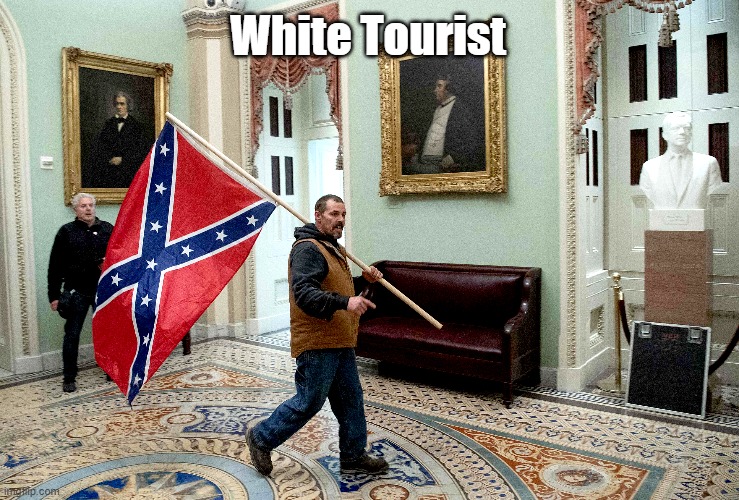
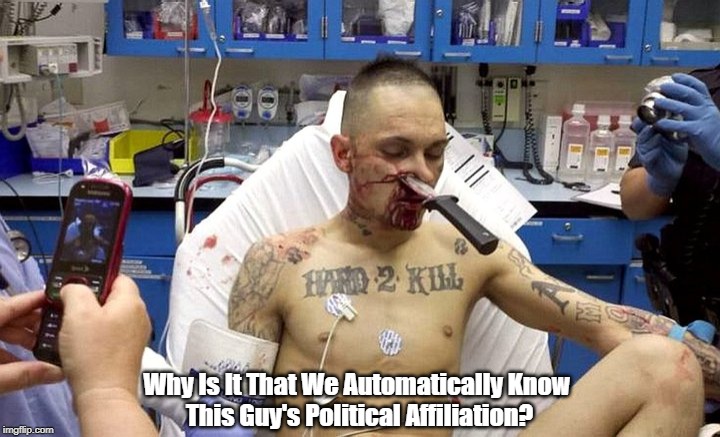
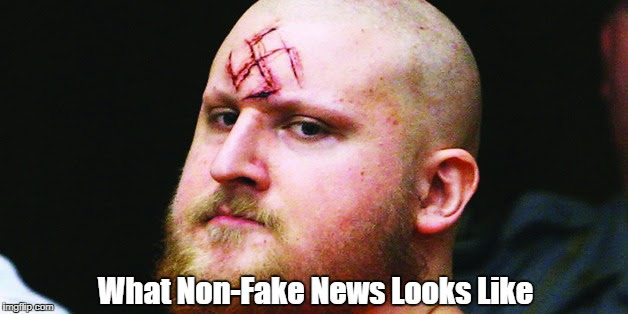
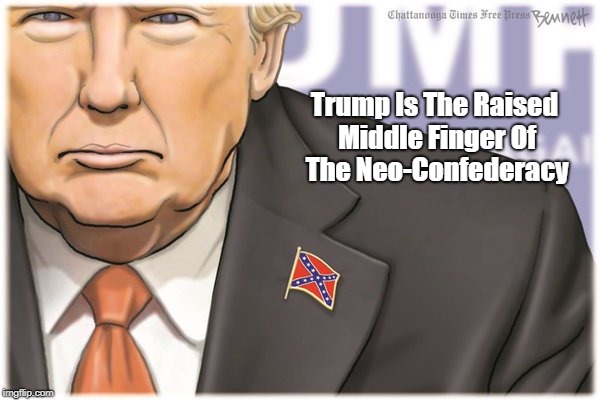
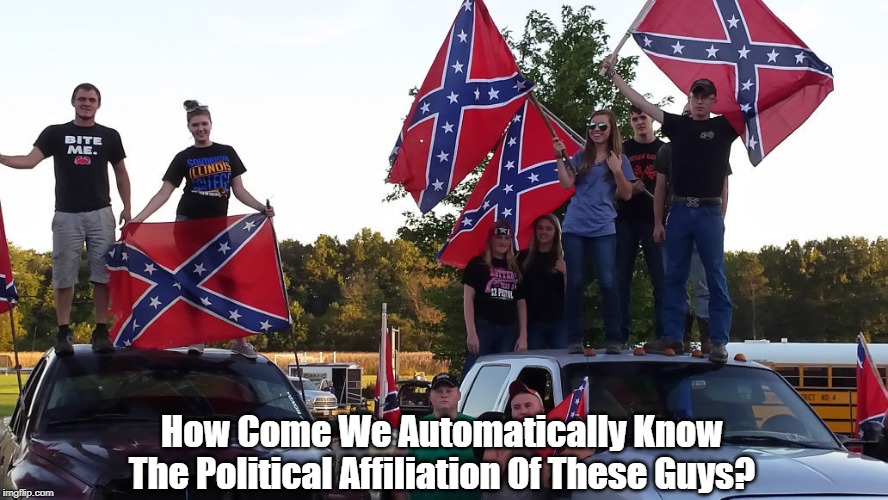
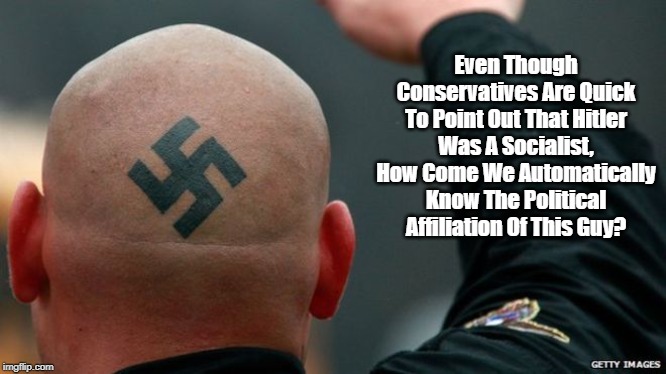
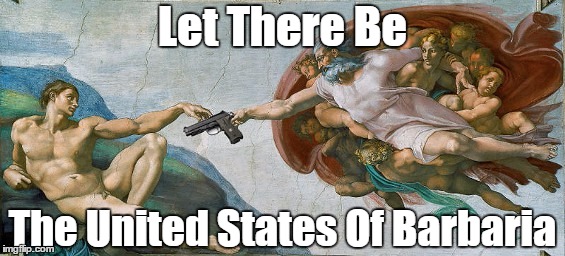
No comments:
Post a Comment